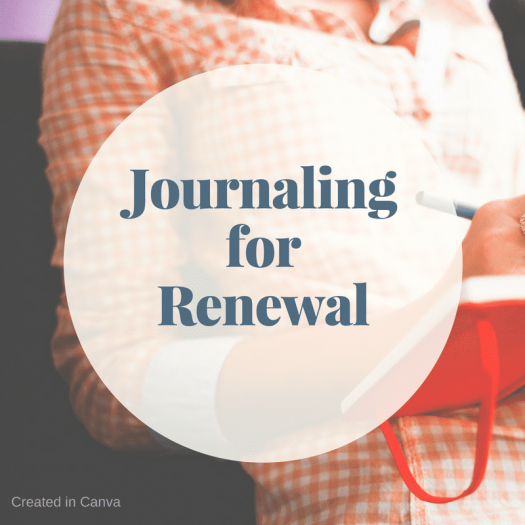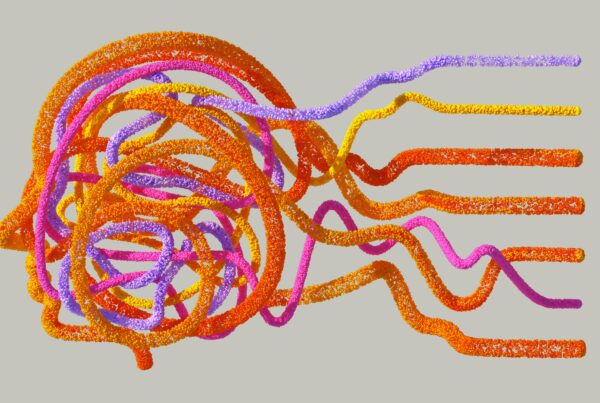Written by Alicia Cassels, MA
About eight years ago, I found one of my childhood journals, created when I was about 11 or 12 years old, it had been packed away for decades. Although I had no active memory of writing the words, vivid memories of my childhood self, long lost friends and emotions flooded back as I read. Time melted away. Although I have been teaching and writing about journaling for two decades, I have kept a personal journal nearly twice that long. Over the years, journaling has served as my method for renewal, tool for reflection, vehicle for self-expression, space for goal setting, and canvas for dreaming. Until I began reading my childhood words, I hadn’t realized that journaling would also serve as a valuable keepsake and powerful archive of my life events.
Write what must not be forgotten. -Isabel Allende
I am inspired by the words of Isabel Allende, Chilean writer, member of the American Academy of Arts and Letters, recipient of Chile’s National Literature Prize, and the 2014 American Presidential Medal of Freedom. As I reflect on my own experiences with journaling and those that my students and clients have shared in class and clinical settings over the years, I remain amazed that so much can be accomplished through picking up a pen.
What Do You Want to Remember?
As you think about the potential of journaling to enrich your life, consider three questions.
- What do you want to remember?
- What do you want to achieve?
- What do you want to document?
Body, Mind and Spirit
Journaling provides an effective method for renewal. According to the CDC, regular journaling may help identify causes of stress and help determine whether a concern is part of a pattern or an isolated issue, while also helping point the way toward a solution. Research shows that journaling may help:
- Increase feelings of gratitude and well-being
- Provide greater understanding of personal challenges and strengths
- Clarify thoughts and feelings
- Improve sleep
- Achieve weight loss goals
- Identify strengths
- Manage information overload
Although basic journaling allows for reflection on daily thoughts and activities, there are many types of specialized journals. Special-purpose journals can be helpful for those wishing to achieve weight loss and wellness goals. Gratitude journaling has been shown to improve mood, optimism, and sleep.
Five Basic Steps to Help You Get Started:
- Select a place where you will be able to sit comfortably for at least 15 minutes. Most people prefer that this be a quiet, private place with little interruption.
- Select a pen and paper or use electronic means to record your thoughts.
- You may want to try to spend at least 10 minutes writing, allowing your mind time to reflect.
- Remember to keep your journal entries in a private, password-protected location. Entries on paper may be shredded if you have concerns about privacy.
Don’t like blank pages? Try these conversations starters.
- Today I am grateful for…
- My favorite time of day is…
- My description of a perfect day would be…
- A personal or professional goal that I have been thinking about lately is…
References:
- CDC. (2017). Journaling for your health.
- Emmons, R. A., & McCullough, M. E. (2003). Counting blessings versus burdens: An experimental investigation of gratitude and subjective well-being in daily life. Journal of Personality and Social Psychology, 84(2), 377-389.
- Gratitude Journal. (2018). Greater Good in Action. UC. Berkeley.
- Hiemstra, R. (2001). Uses and benefits of journal writing.
- Harrist, S., Carlozzi, B.L., McGovern,A.R. &Harrist, A.W. (2007). Journal of Research in Personality, 41 (4), 923-930.
- L.M. English & M.A. Gillen, (Eds.), (2001). Promoting journal writing in adult education (New Directions for Adult and continuing Education, No. 90, pp. 19-26). San Francisco: Jossey-Bass.















